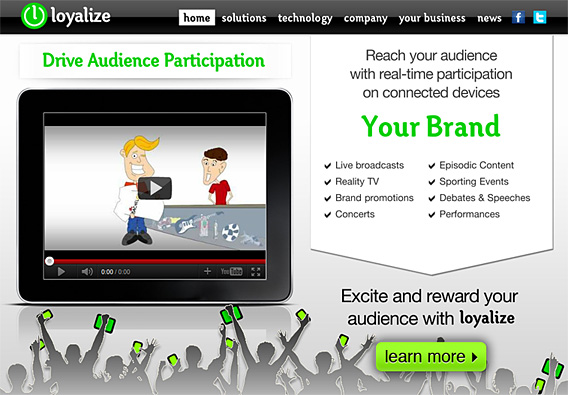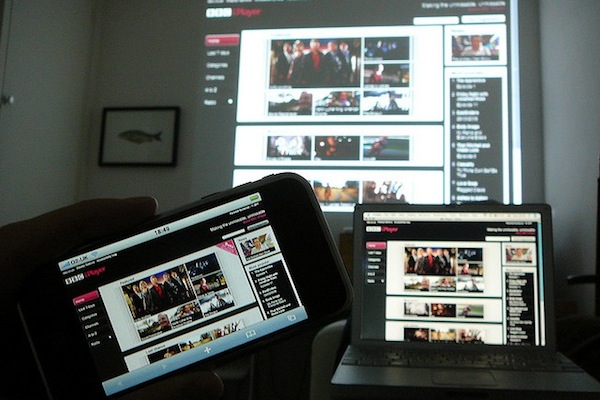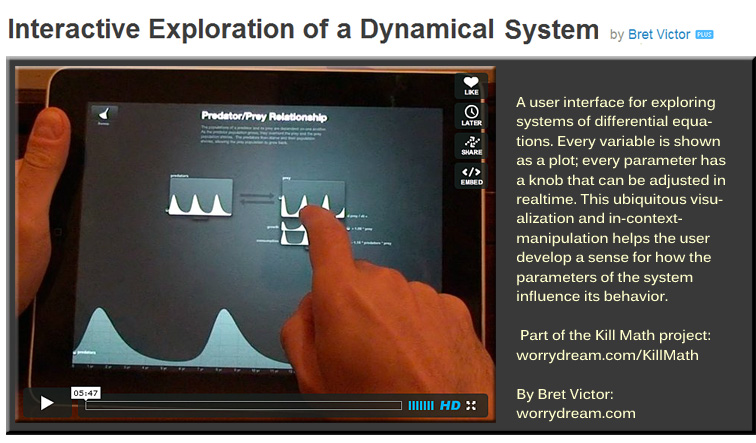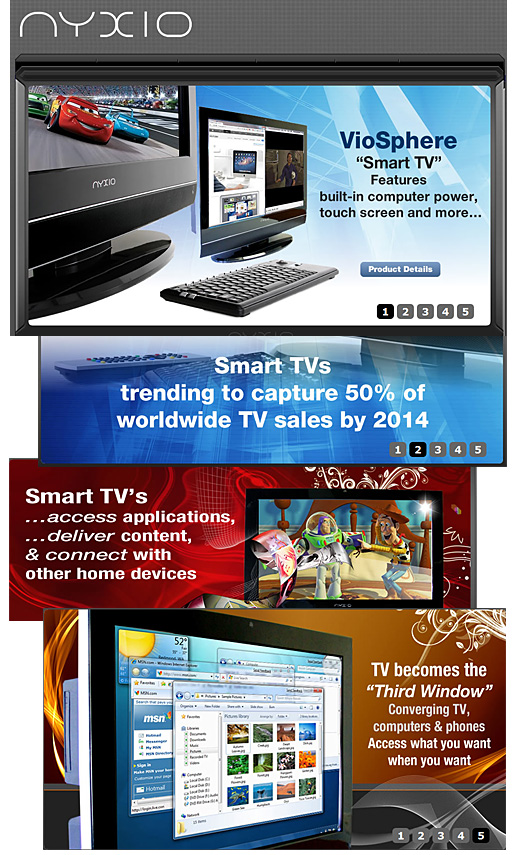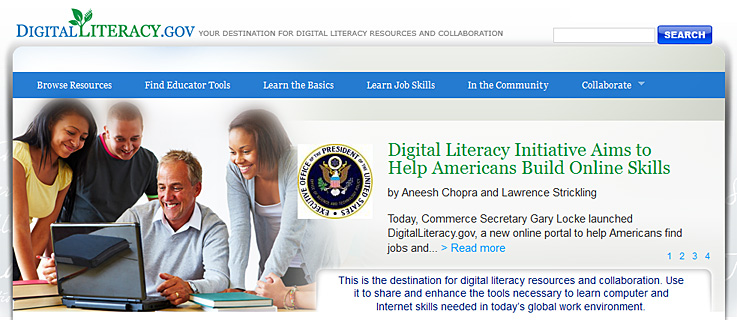Some updates on learning from the living room:
US cable and pay TV lose another half million customers in Q2, 2011 – cord cutting continues — from appmarket.tv by Richard Kastelein
According to Bloomberg, the six largest publicly traded U.S. cable and Pay TV providers are to lose 580,000 customers in the second quarter of 2011 – which is the biggest such decline in history.
‘TV textbooks’ bring access to low-income Florida students — from eSchoolNews.com by Jenna Zwang
Jacksonville officials introduce a program to raise reading scores
Prompted by lackluster reading scores, Duval County Public Schools (DCPS) in Jacksonville, Fla., is attempting to reach low-income students by turning students’ televisions into learning centers.
Time Warner cable head says company future is broadband, not TV –– ReelSEO Video Marketing by Jeremy Scott
Well surprise, surprise. The chief executive of Time Warner Cable, the second-largest cable operator in the U.S., says that broadband is the anchor service of the company’s future, not television. And while that may be a no-brainer for most of us observers in the industry, it’s still a pretty big deal for a cable company to admit their future isn’t in cable (emphasis DSC).
Research: Connected TV will be consumers’ portal to the Web by 2015 — from fierceonlinevideo.com
Google, Motorola deal may impact TV future — from bizreport.com by Kristina Knight
Add another destination for online giant Google – your living room (emphasis DSC). With the announcement that Google will purchase Motorola Mobility many in the space wonder what is next.
Addendum on 8/18/11:
- TV trends to watch at IBC 2011 — from tvgenius.net by Emma Wells
How the BBC is quietly, confidently shaping the future of TV –– from FastCompany.com by Kit Eaton
[On Monday] morning the BBC launched a whole new version of its iPlayer app, destined for connected TVs that sport a Net connection. In essence this means the BBC has taken its TV content online, added on-demand features, advanced search powers, playability on multiple platforms both mobile and static, and then fed all of its lessons back into an app…for TVs.
Storytelling: Digital technology allows us to tell tales in innovative new ways — from guardian.co.uk by Aleks Krotoski
As the tools available to publishers grow more sophisticated, it’s up to us to experiment and see what sticks
New ways of learning effects library design — Aaron Cohen Associates
Excerpt:
Technology has impacted the way we use library collections. It has impacted the way we interact in the library building. The landscape of learning has changed so much that we need to ask – “Is someone literate if they can not use digital technology?”
Watch the full episode. See more Digital Media – New Learners Of The 21st Century.
Storytelling gets an upgrade: Beyond tactile stories — from digitalbookworld.com by J.C. Hutchins, novelist and transmedia storyteller
Excerpt:
Over the course of my two previous pieces on storytelling upgrades, I showed how tactile and kinetic features native to the iPad can be linked to traditional narrative devices, such as foreshadowing. However, where it gets really exciting is how the device can unlock a deeply interactive and immersive environment in which the “reader” is an integral part of a nonlinear story—all narrative features that cannot be rendered in print.
Up to now, I had been focusing on the tactile and kinetic, but there are dozens of ways exist to leverage the iPad’s other built-in features, including…
Also see:
StoryWorld Conference + Expo is a timely event for:
- Transmedia content developers
- Book publishing professionals
- Television development and acquisition professionals
- Film professionals
- Advertising agencies and multi-media marketing firms
- Game developers (including web, video, roleplaying and alternate reality games)
- Mobile developers
- Production companies
- Literary and entertainment agencies
- Writers and content creators
- Media consultants
- Any firm or professional in the business of producing cross-platform content










